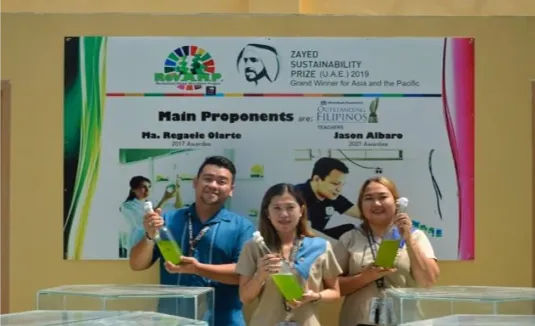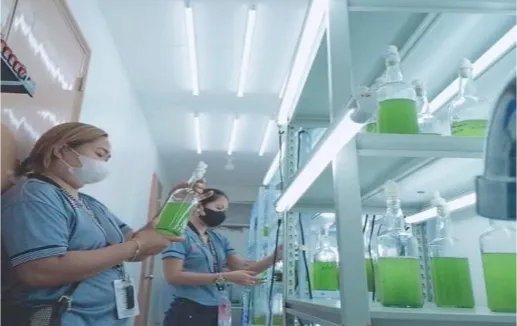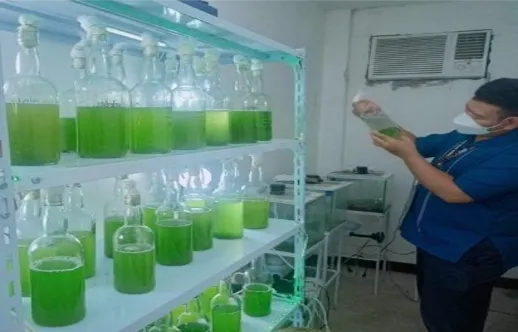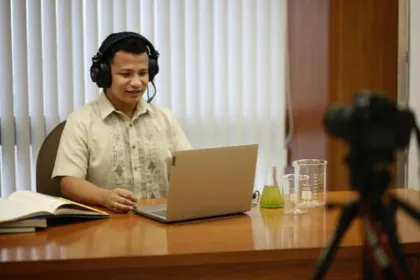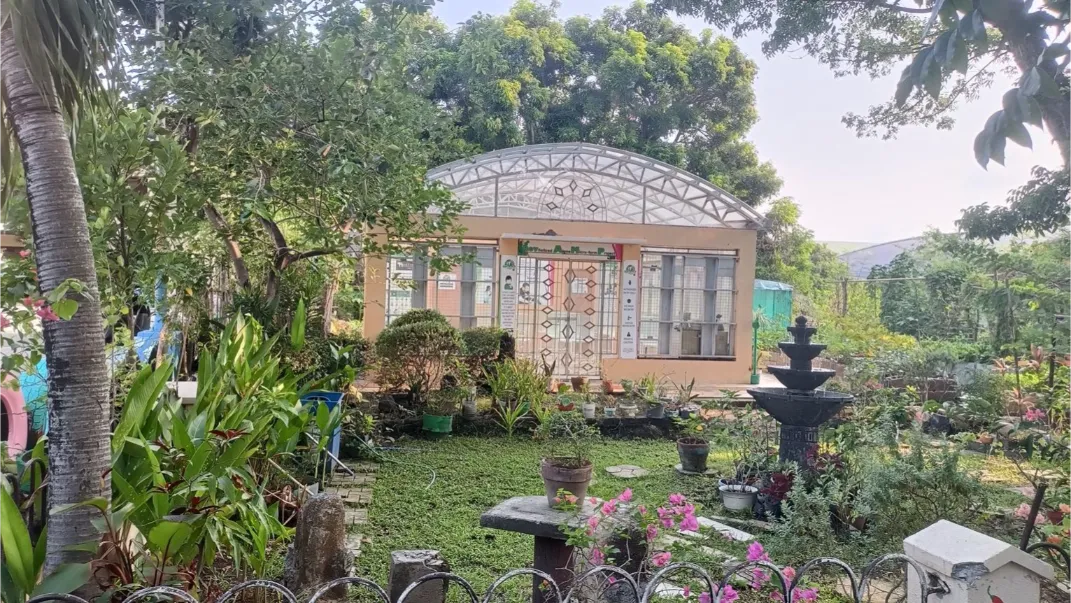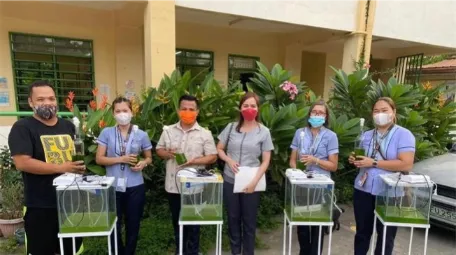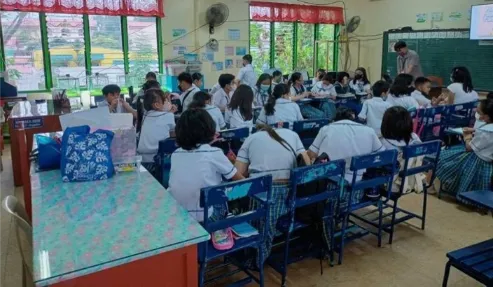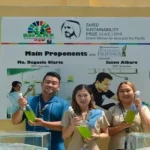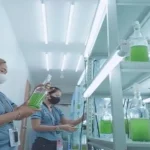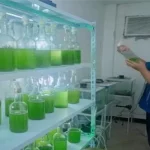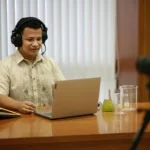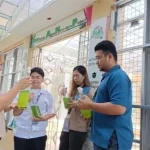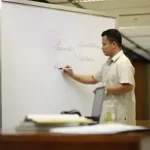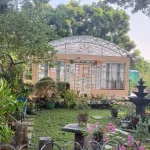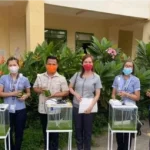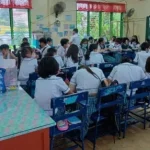Teacher: Jason B. Albaro
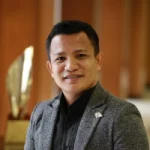
Jason B. Albaro
Jason is an educator, environmental innovator, and climate change mitigation advocate. He has 14 years experience in the teaching profession and is currently Head Teacher V at Muntinlupa National High School, Philippines. He is a recipient of an array of awards and accolades including; Zayed Sustainability Prize 2019 (UAE); a Patent Grantee of Intellectual Property Office for various projects; Silver Awardee, World Intellectual Property Office – Japan Design and Invention Expo (Japan); First Place in the SEAMEO-BIOTROP SEA Creative Camp for Urban Agriculture (Indonesia); 2021 Metrobank Foundation Outstanding Filipino, and RevAMP Project Director to the World’s Best School Prizes. He is a visionary leader that is focused on sustainable environmental action.
Usefull links related to the Solution
Overview
This project aims to deliver climate change education to high school students in Metro Manila, in the Philippines, whilst also involving the students in a project that actively tackles air pollution – a serious issue in the area surrounding the school. The project uses microalgae, farmed by the teachers, students, and stakeholders in a revolutionary approach to education and sustainable environmental action. The project, known as RevAMP, in collaboration with IAMSAM Foundation, is the first of its kind in the Philippines and is already making an impact on the air quality in the local area.
Theory of Change
Muntinlupa National High School is situated in a densely populated area with high levels of air pollution due to the close proximity of industry and traffic congestion in the area. Smog constantly blankets the city and this undoubtedly affects the students’ health and ability to learn. Jason and his team have pioneered the cultivation of algae within the school to mitigate the effect of the air pollution. This pioneering project enables the students to learn about climate change and air pollution through a hands-on learning experience whilst also observing that their individual actions can bring about a positive change to the environment that they live in.
Approach and Actions
Jason and his team pioneered the Revitalized Algae Microfarm Project (RevAMP), the first Chlorella vulgaris farm in the Philippines. As the algae grows it absorbs carbon dioxide (CO₂) from the air and releases oxygen, other dangerous gases are also removed from the air by the algae including formaldehyde and other volatile organic compounds. The project has been integrated into the curriculum becoming a learning laboratory where students discover, create, and invent beneficial outputs. There is a strong focus on students designing their own methods for cultivating the algae in their classrooms. The integration of algae in the classrooms means that the air quality is improved and the students and staff directly benefit from the experiments- the school’s air quality index score has been greatly improved by the project. The cultivation of the algae requires LED light sources, the school uses solar energy to provide the energy for these lights, this ensures the project has a small carbon footprint.
Impact
The students and other stakeholders are excited that they will soon move to the next stage of the project where they will start to experiment with producing a biodiesel based fuel from the algae. The team is also looking for opportunities to increase the impact of the project, with this in mind they have approached other schools in the area to share the project with them.
